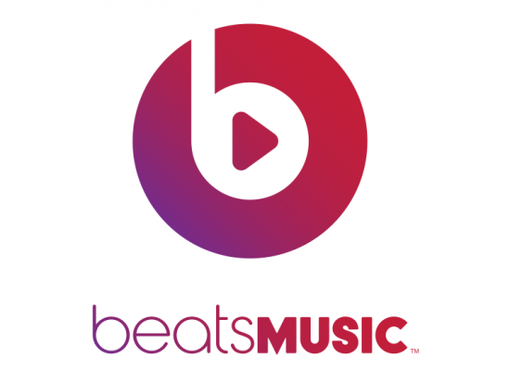LOS ANGELES — Musicians continue to sing the blues over royalty revenues in the digital era, where success online continues to be a mixed bag.
 |
| (Photo: Dan MacMedan, USA TODAY) |
Digital music has hit a few false notes. For example:
• Pandora, the nation's most popular free music-streaming service, continues to gain more listeners yet lose money each quarter amid sky-high royalty payment charges. In its fourth fiscal quarter, Pandora reported a net loss of $30.4 million despite a 44% jump in revenue of $920.8 million. Pandora's monthly listeners: a record 81.5 million.
• Music download sales, once considered the savior to declining CD sales, have seen their sales peak. Unit sales fell 12.5% in 2014, according to Nielsen SoundScan, and look to fall even further this year as more consumers look to cloud-based subscription services.
• Spotify, the world's most popular paid music service, with 15 million subscribers, sits atop a heap of similar services struggling to find audiences, including Radio, Rhapsody and Beats Music. Still, Spotify, where singer Taylor Swift publicly yanked her music in 2014 over a royalty dispute, lost $80 million on revenues of about $1 billion in its most recent filing, for 2013.
 |
| Boyce Avenue, a Sarasota group led by Alejandro Manzano and his brothers (Photo: Taylor Guitars) |
Beats, which makes the Beats by Dr. Dre headphones, was purchased by Apple for $3 billion last year. In the coming months, the Beats name is about to be retired and Apple is expected to unveil a new music streaming service, according to Apple news sites.
The website 9to5Mac says the music service will be built into the iOS8 operating system so the service will show up in iTunes and on the iPhone and iPad Music app — one of four key icons on the home
screen.
Music was never the same in 2001, when Shawn Fanning invented the Napster service in his dorm room, offering the world's music for free. Labels were slow to respond, and sales plummeted. When Steve Jobs introduced the iTunes Music Store as the first place where consumers could get access to licensed downloads easily, music sales started to recover — to the point where iTunes overtook Walmart and Target as the No. 1 place where consumers bought music.
ITunes "needs to be in streams," Resnikoff says.
"The conversation is moving forward without them." However, Ben Bajarin, an analyst with Creative Strategies, says Apple is walking a fine line. It still brings in millions of dollars in download sales, and it can't just switch overnight to unlimited streaming without taking a hit.
"That's the tricky part," he says.
In addition to Apple, Google could dramatically alter the musical landscape. Google's YouTube launched a beta version of MusicKey, a music subscription service that few people know about.
YouTube is easily the No. 1 place where most young people discover and listen to music. If Google decided to push Music Key hard, it could have a dominant player on its hands.
YouTube is "way bigger than Spotify," Resnikoff says.
"This is a game for YouTube to lose," he says. "It has the most music fans and most music engagement of anyone period."
The issue? "The expectation on YouTube is that everything is totally free," he says.
Readers: Will you pay for digital music on YouTube? Let's chat about it on Twitter, where I'm @Jeffersongraham
Via- usatoday.com

